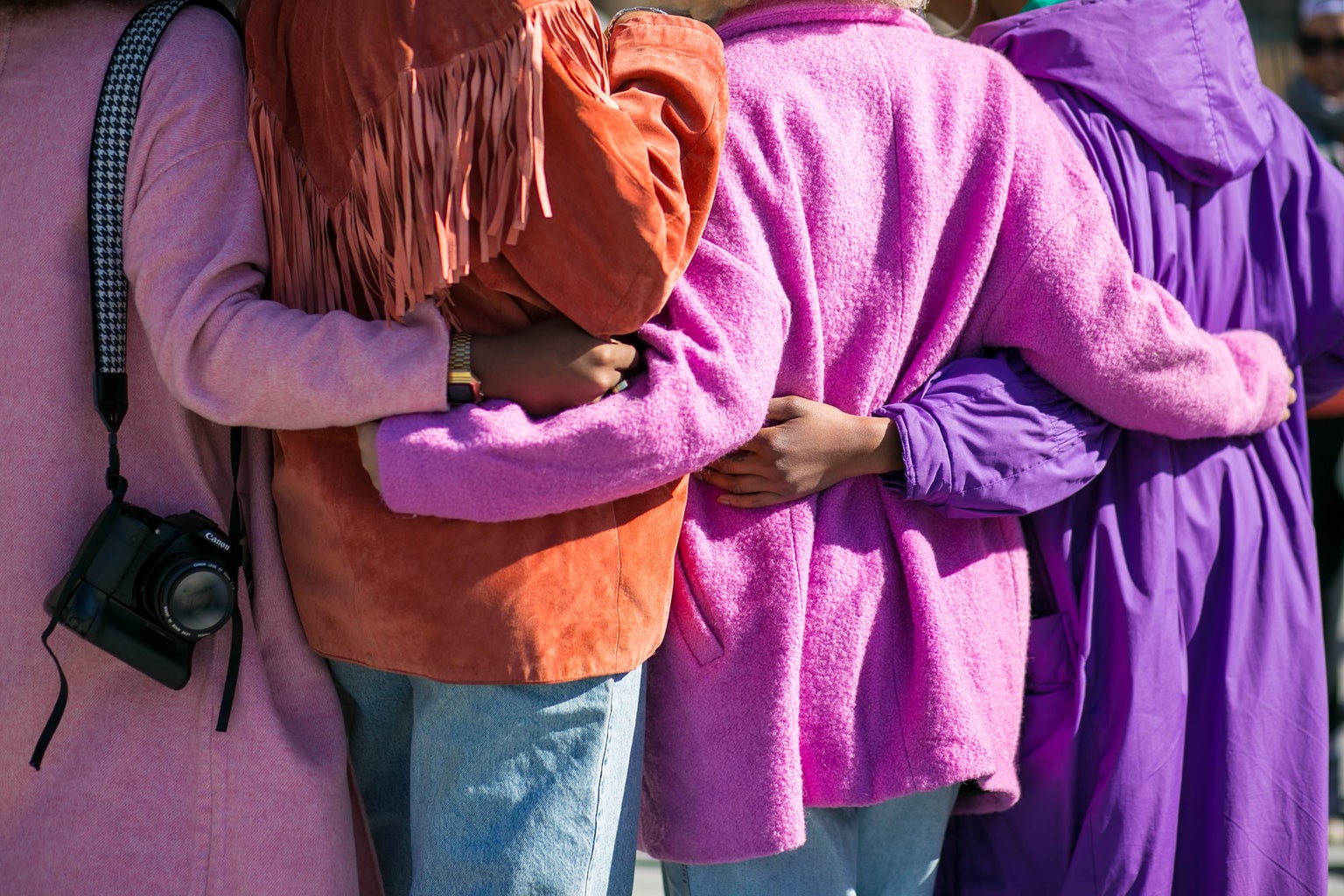International Women’s Day was just a few weeks ago and I think it’s a good time to reflect on the implications it might have on everyone. The word “celebration” comes off strongly, yet it is the one that most often comes up when you Google “International Women’s Day.” However, I think it puts a weight on my shoulders to be happy with how things currently are concerning my gender and how the world perceives me. Don’t get me wrong, I’m not saying celebrating is a bad thing. But coming from a country where our “celebration” is street protests for multiple murders of women, sometimes, the use of the said word can be overbearing.
For the two years I’ve spent living in Canada, I’ve observed International Women’s Day as an incredibly celebrated and encouraged day—nourished in the minds of the next generations. I was astonished to see that and it even made me tear up the first year. I want to clarify that I am praising Canada because my experience as a woman living here is freer than in my home country. However, I do not turn a blind eye to the abuse that women of colour and Indigenous women have faced over the years.
In contrast, I have issues with the word “celebration” because in Mexico, on March 8, numerous women will spend the day protesting and fighting against a patriarchal system fed by misogyny and violence. They will be looking for justice for our sisters who were murdered while battling a system that will not punish the oppressors. The streets will be filled with purple and green, and millions of women and girls will be challenging a system that has targeted us for centuries.
However, no sound will be heard by the next day. March 9 is famously known as “El Paro,” a day on which women in Mexico and numerous Latin American countries will “cease to exist.” Women will not go out, go to work or school, or make purchases. Women also will abstain from doing any household chores. This day is also known as “A Day without us” (un dia sin nosotras). The goal is to raise awareness regarding gender violence within our countries, cities, and homes.
It’s important to state that there isn’t a right or wrong way to spend the day, whether that’s celebrating all we as women have accomplished or protesting all the other things we sadly have yet to obtain. I think it’s important to have a conversation about how International Women’s Day can be a very happy day in certain countries, while in others, it can be extremely heavy. Standing together is what matters, so I invite you to reflect on how you spent the day and start conversations about how different things are for others who are miles away.



